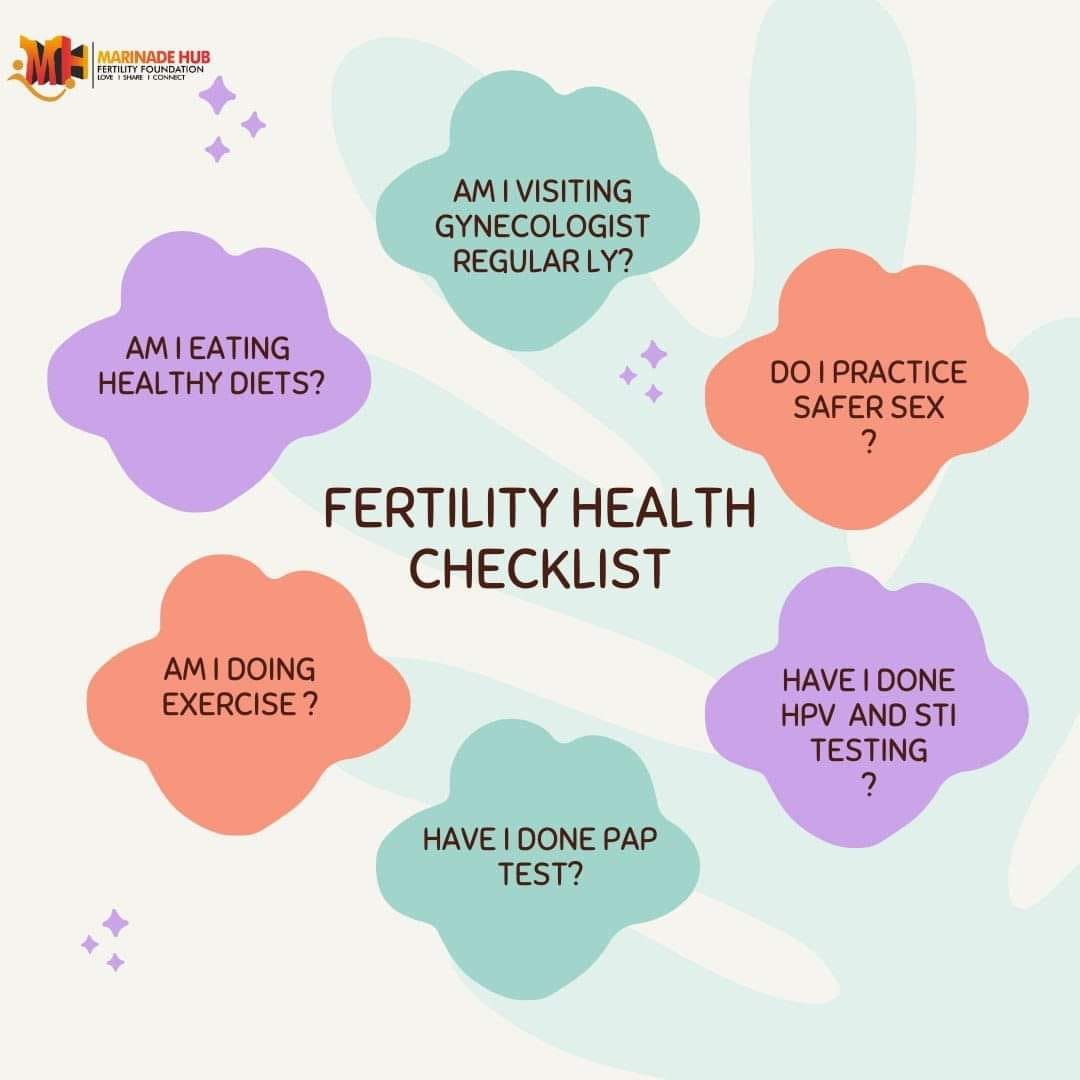Fertility Testing: A Window into Reproductive Health
Fertility testing is a group of assessments that help evaluate a couple’s ability to conceive naturally. It goes beyond simply confirming ovulation and delves deeper into potential underlying issues impacting reproductive health.
Importance:
- Diagnosing infertility: If you’ve been trying to conceive for one year (under 35) or six months (over 35) without success, fertility testing can identify the cause(s) of infertility, enabling targeted treatment.
- Early intervention: Addressing fertility concerns early can increase the chances of successful conception naturally or through Assisted Reproductive Technologies (ART).
- Informed decision-making: Understanding your fertility potential empowers you to make informed choices about family planning, including timing pregnancy or exploring alternative options.
- Identifying underlying health issues: Fertility testing can uncover underlying health conditions, like hormonal imbalances or ovulation disorders, that may benefit from treatment even beyond conception.
Types of Tests:
For Women:
- Hormonal blood tests: Assess levels of FSH, LH, prolactin, and thyroid hormones, crucial for ovulation and egg quality.
- Pelvic ultrasound: Visualises the uterus, ovaries, and fallopian tubes for abnormalities like cysts or blockages.
- Hysterosalpingography (HSG): X-ray examination using contrast dye to check for fallopian tube blockages.
For Men:
- Semen analysis: Evaluates sperm count, motility, and morphology (shape) to assess sperm health.
- Hormonal blood tests: Similar to women, assess hormone levels impacting sperm production.
Remember:
Testing is usually done in stages, starting with less invasive options and progressing as needed.
It’s crucial to consult a healthcare professional for personalised guidance and interpretation of results.

